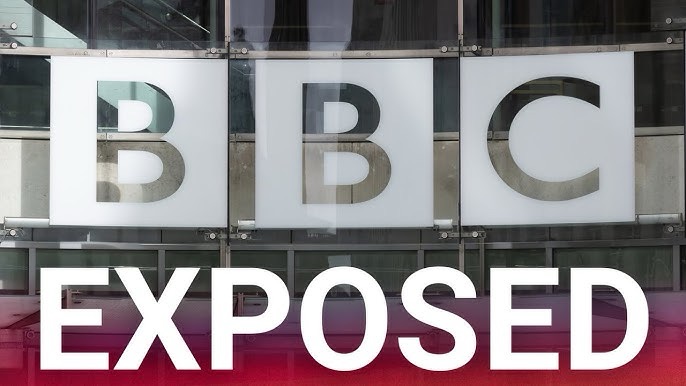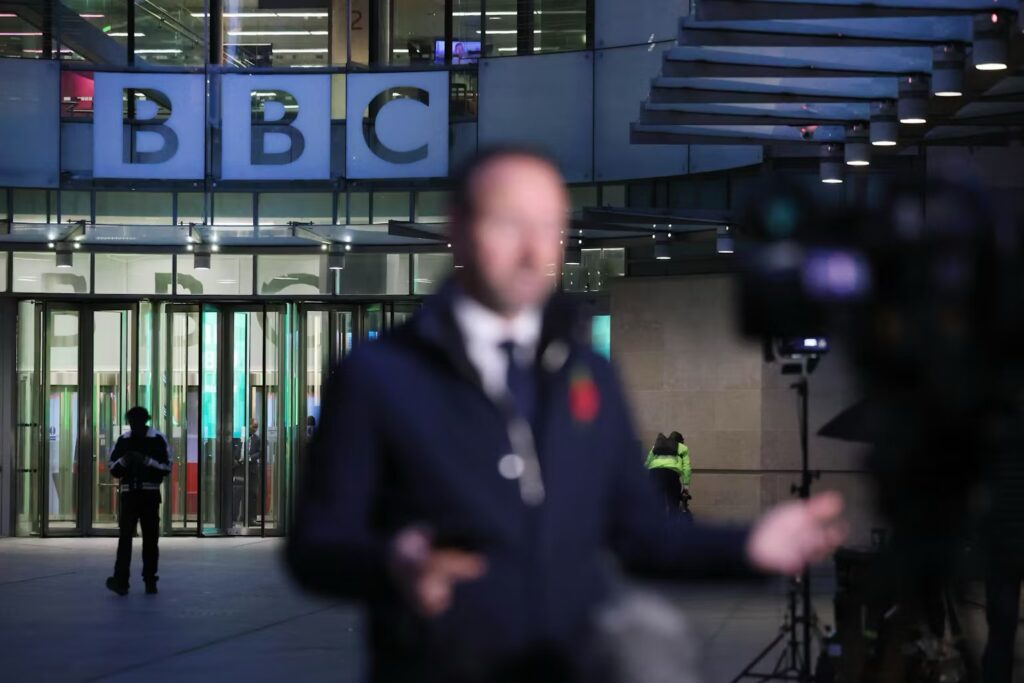Leaked internal memos, staff testimonies, and HR correspondence have placed the BBC under renewed scrutiny, revealing what employees describe as long-standing patterns of bullying, intimidation, and quiet retaliation inside one of the world’s most influential public broadcasters. The allegations do not accuse the BBC of unlawful acts; instead, they highlight systemic cultural failures already acknowledged in earlier external reviews — failures workers say remain unresolved.
A Fracture Behind the Respectable Veneer
Producers, editors, and junior staff interviewed by investigators describe a newsroom environment where “performance pressure” frequently crosses into personal degradation. Several employees say certain senior figures hold disproportionate power over assignments and promotions, creating an atmosphere where challenging a superior can quietly stall a career.
Multiple sources report a repeating pattern: complaints left unanswered, mediation processes ending without follow-up, and whistleblowers deterred by what they call “bureaucratic exhaustion.” Workers emphasize that the issue is not one person — it’s a structure that allows abrasive leadership styles to persist.
Staff Say Bullying Was Reframed as “Editorial Toughness”
Current and former employees recount moments where belittling comments, excessive public criticism, and exclusion from key meetings were rebranded as “the demands of journalism.” According to insiders, this language blurred the line between legitimate editorial rigor and behavior that eroded morale.
Several workers say teams eventually normalized hostility — a survival mechanism in an environment where speaking up could mean losing responsibilities or being quietly reassigned.
HR Bottlenecks and the “Disappearing Complaint” Problem
Documents reviewed by multiple reporters detail internal HR backlogs where bullying concerns were reportedly logged, queued, and left unresolved for months. Former staff say some cases were closed without interviews, while others ended with what they describe as non-answers — acknowledgments without action.
One staffer summarized the experience: “File the complaint, wait, watch nothing happen.”
Pressure That Ripples Downward
Mid-level editors say they were trapped between unresponsive leadership above and over-extended teams below. The pressure to maintain output, meet broadcast deadlines, and uphold the BBC’s public reputation created an incentive to avoid conflict rather than confront misconduct.
This dynamic, workers say, allowed certain bullying patterns to pass from one generation of managers to the next.
A Public Broadcaster Confronts Its Internal Mirror
The BBC has previously acknowledged cultural challenges within parts of the organization through official reviews, emphasizing its commitment to improvement. Nothing here contradicts those findings. But employees say the lived reality in certain departments still paints a more fractured picture — one where institutional prestige obscures the everyday experiences of the people who keep the broadcaster functioning.
Workers say they want accountability, not scandal. They want systems that work, not statements. They want the same transparency and ethical rigor inside the BBC that the broadcaster demands of others.
What comes next — reform, resistance, or further exposure — will determine whether this moment becomes a turning point or another unresolved chapter in the broadcaster’s long history.



















